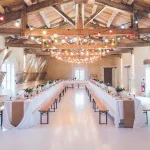In an increasingly interconnected world, couples from different cultures backgrounds often come together to celebrate their love and embark on a shared journey. While merging cultures can add richness and diversity to a relationship, it also brings unique challenges and considerations. Understanding and respecting each other’s traditions, values, and customs are essential for creating a harmonious union.
1. Communication and Understanding
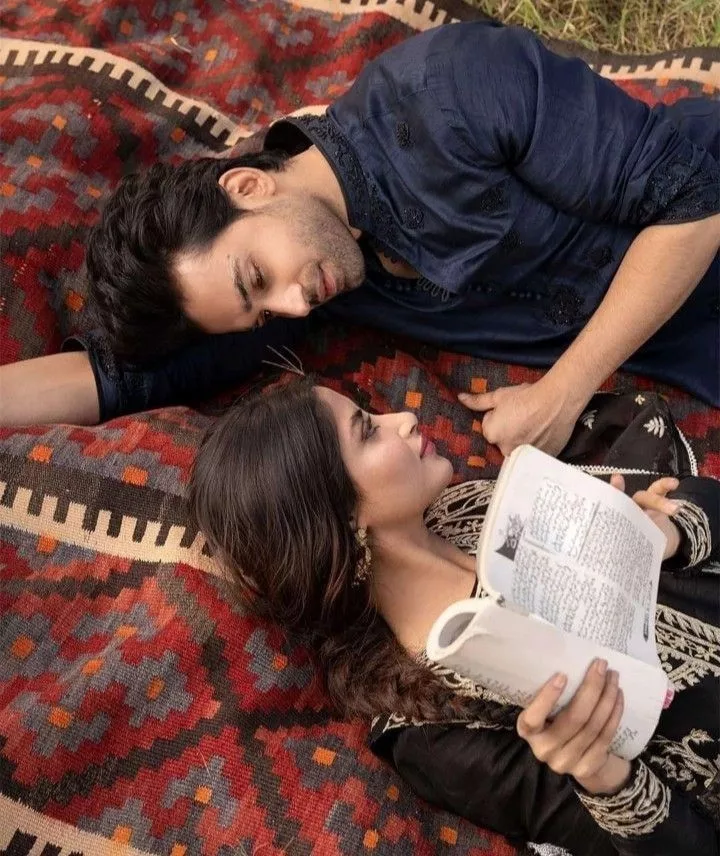
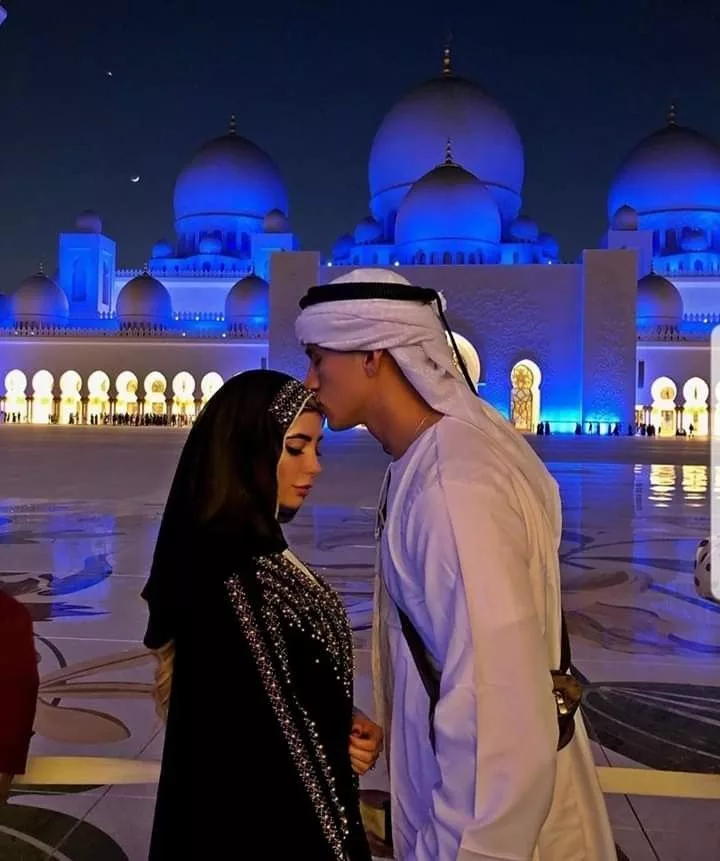

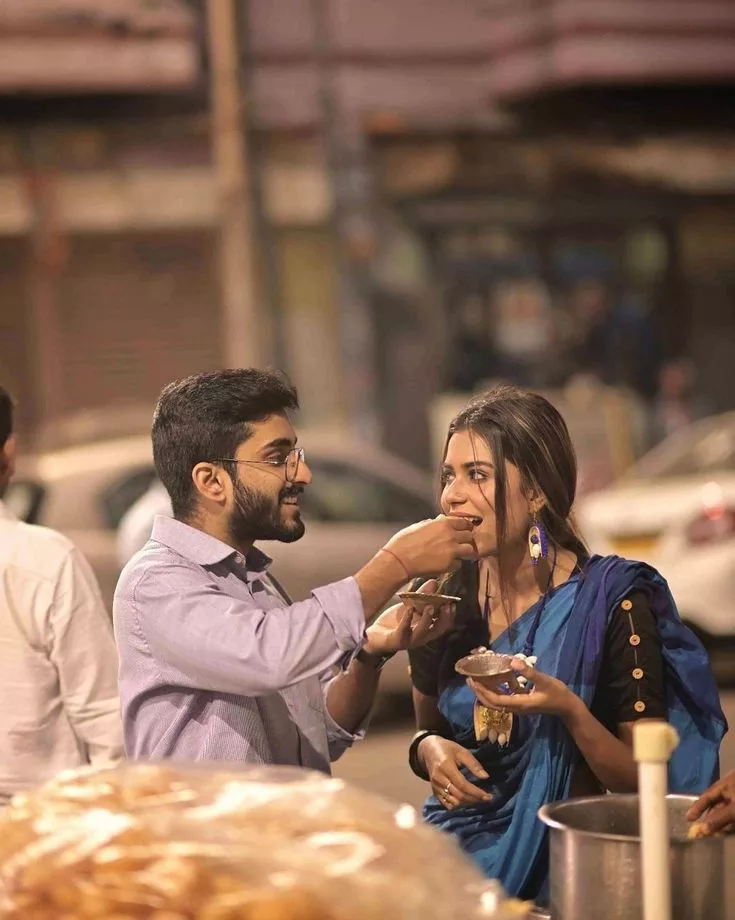
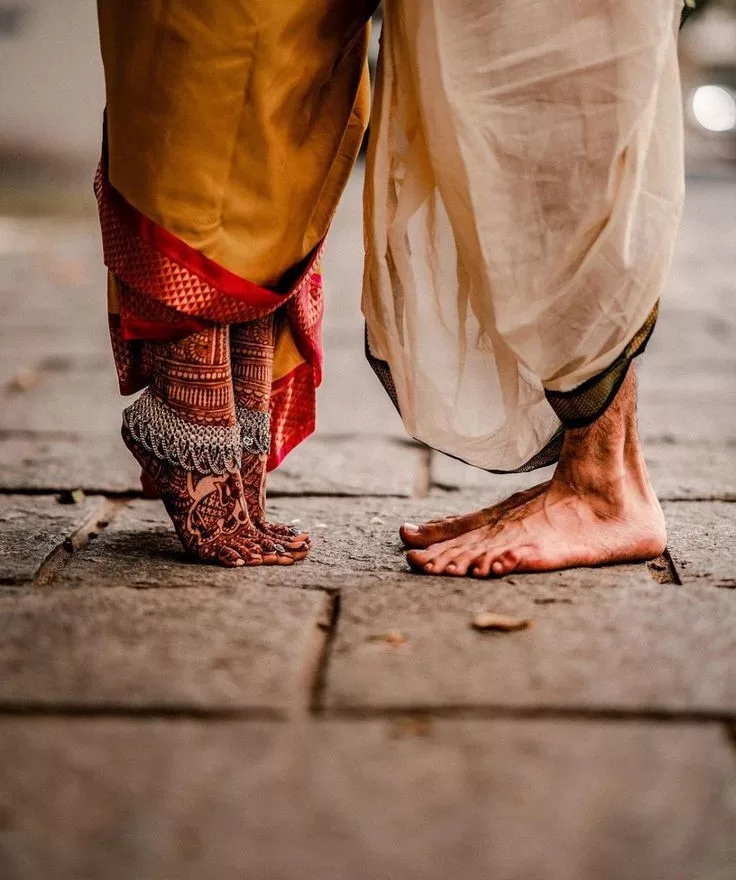
Effective communication is the cornerstone of any successful relationship, especially when navigating cultural differences. Couples must openly discuss their cultural backgrounds, traditions, and expectations, fostering mutual understanding and respect. By actively listening and empathizing with each other’s perspectives, they can bridge cultural gaps and strengthen their bond.
2. Negotiating Family Expectations
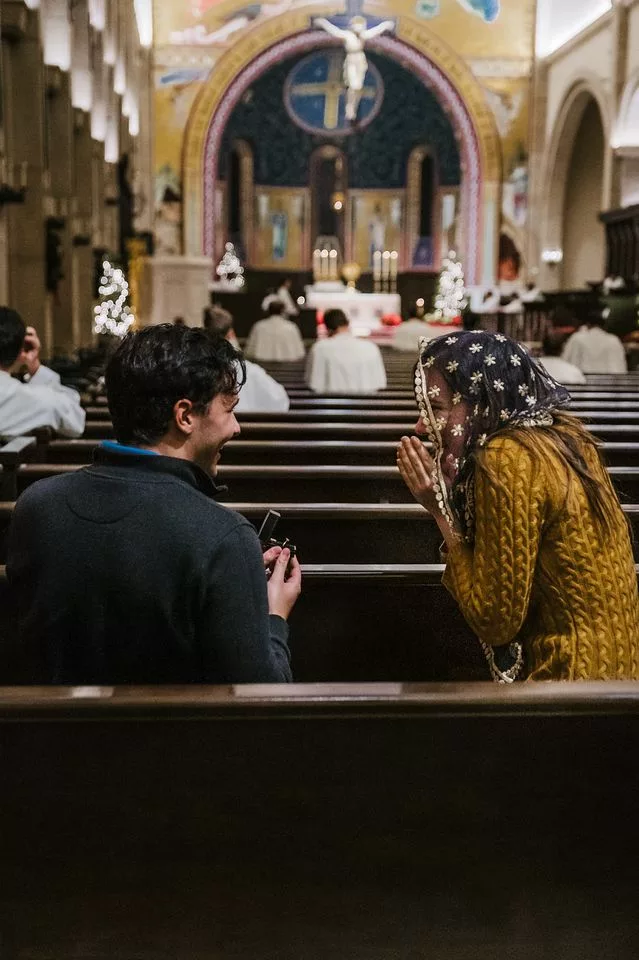
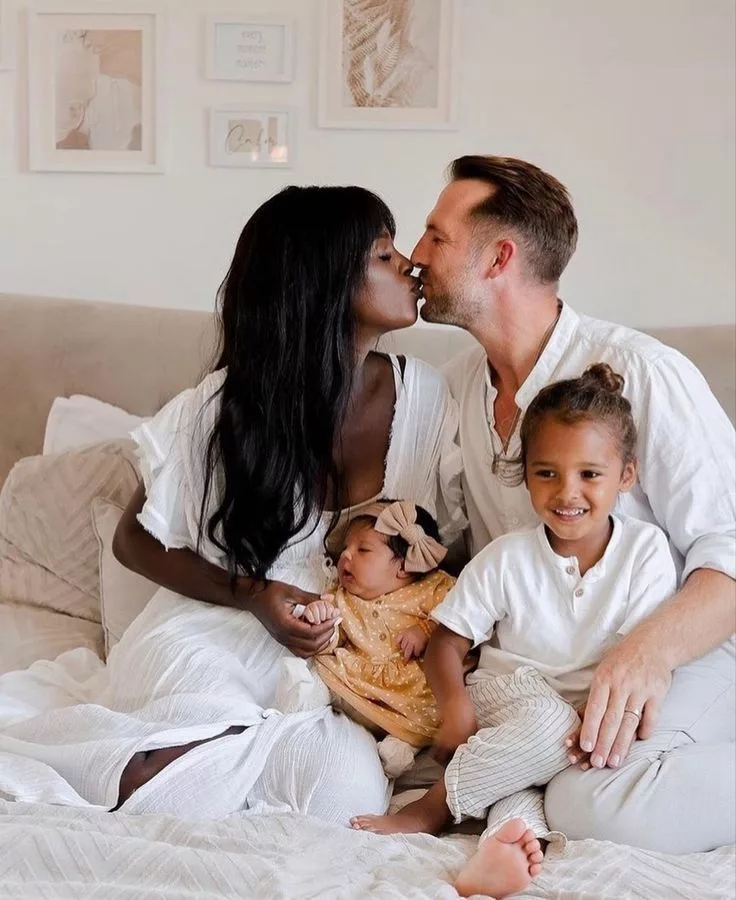
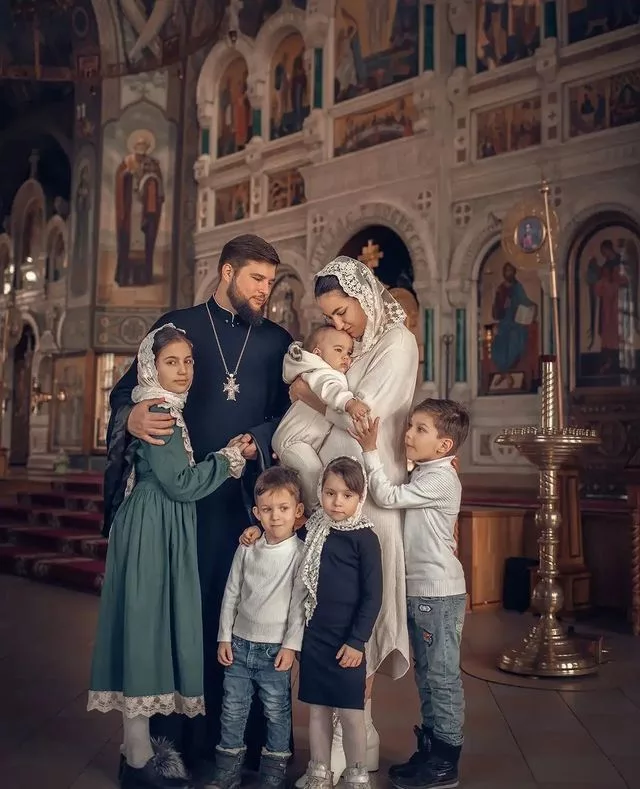
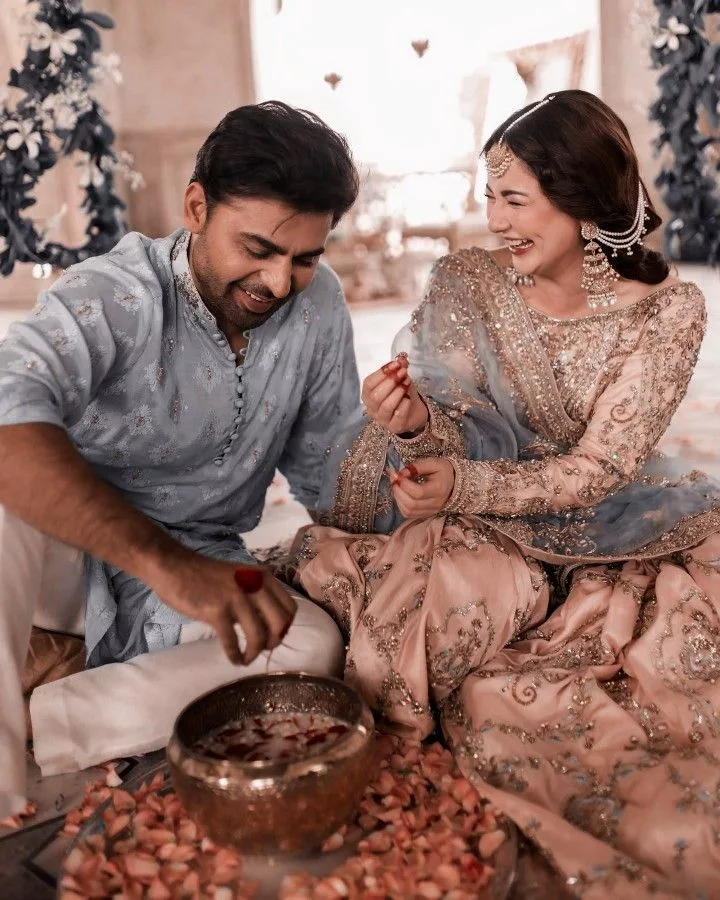
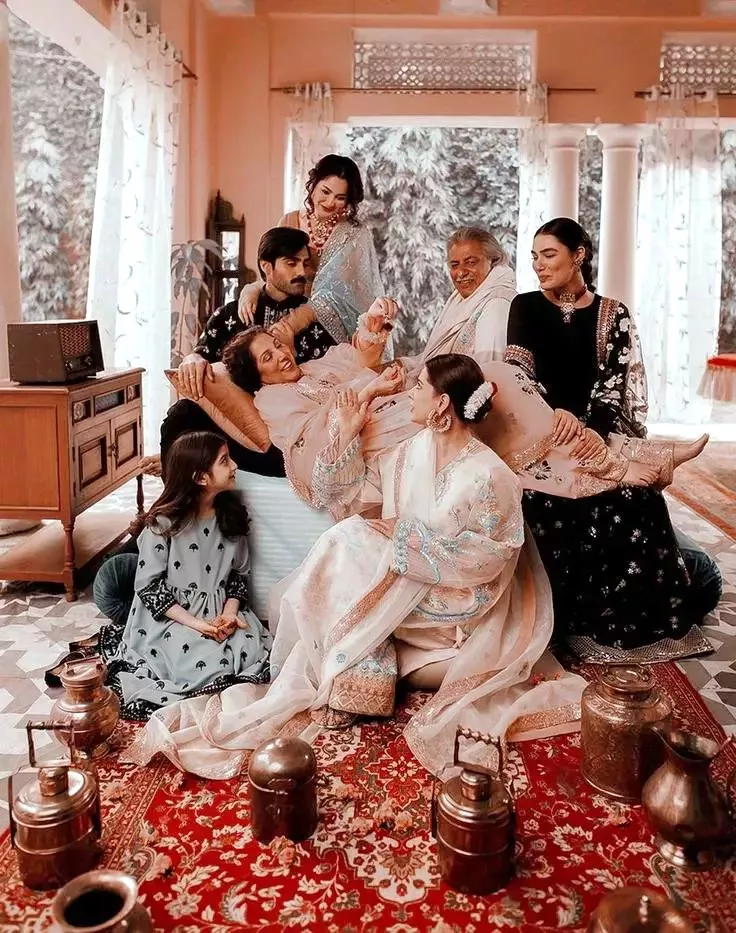
In many cultures, family plays a central role in weddings and marital life. Couples may encounter conflicting expectations from their respective families regarding wedding customs, rituals, and traditions. It’s crucial to engage in respectful dialogue with both sets of families, finding common ground while honoring each other’s heritage and traditions.
3. Blending Wedding Ceremonies

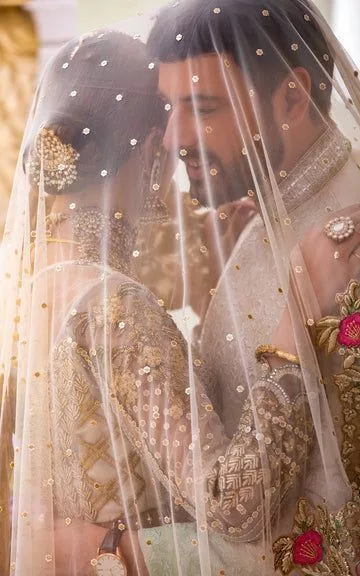

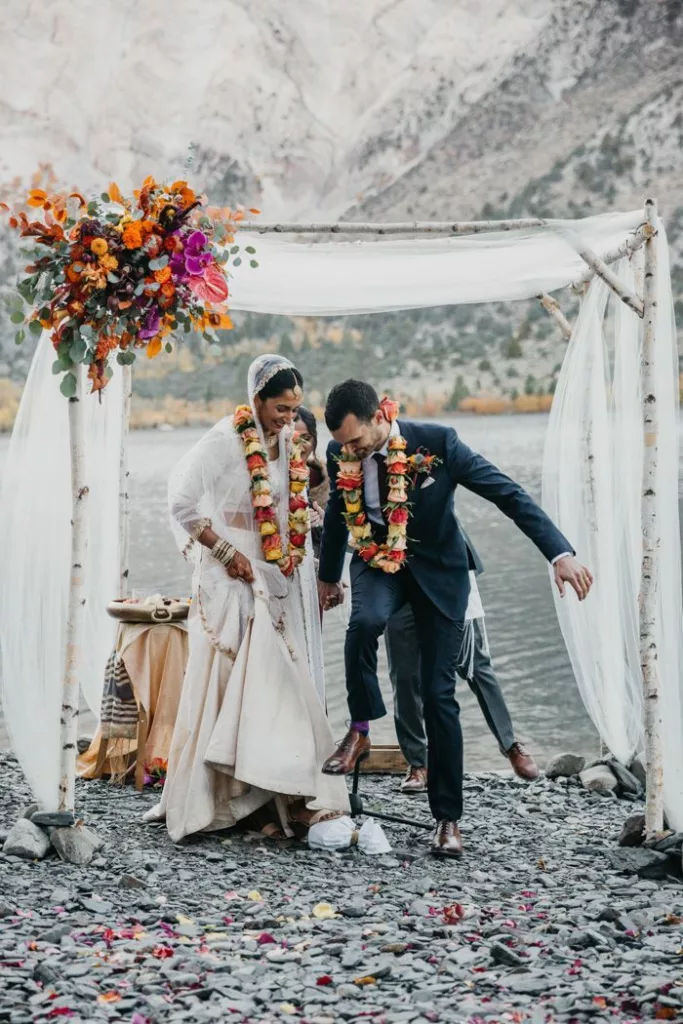
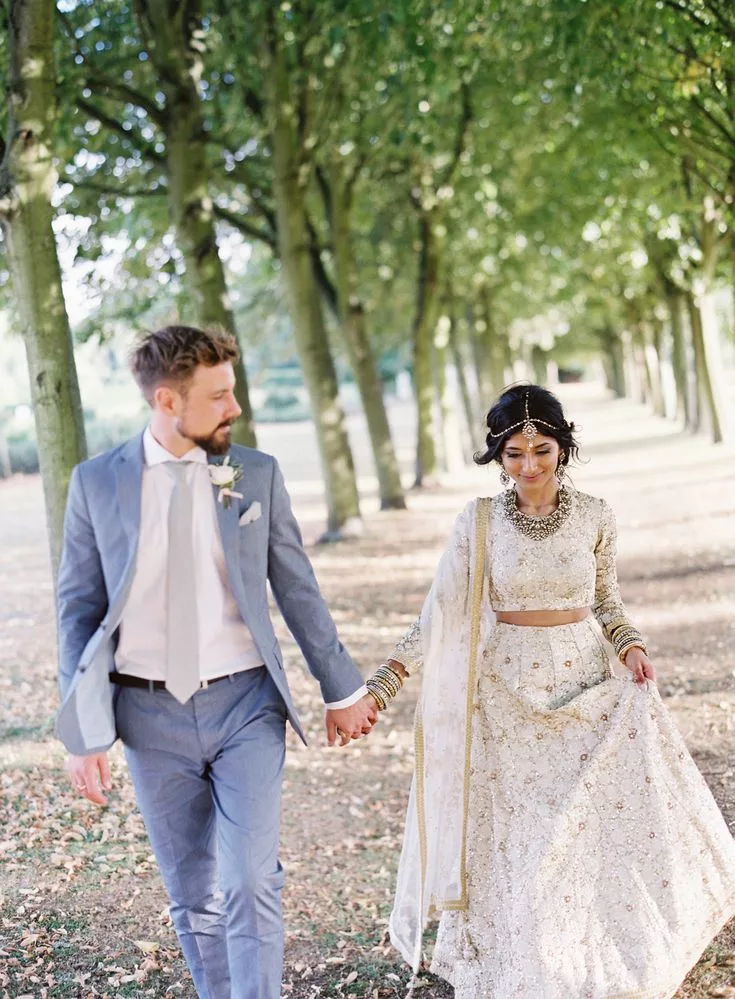
Couples from different cultural backgrounds often face the challenge of blending their wedding ceremonies seamlessly. They may choose to incorporate elements from both cultures into the ceremony, such as rituals, attire, music, and cuisine. Collaborating with a wedding planner experienced in multicultural weddings can help couples navigate these complexities and create a meaningful and inclusive celebration.
4. Respecting Religious Differences
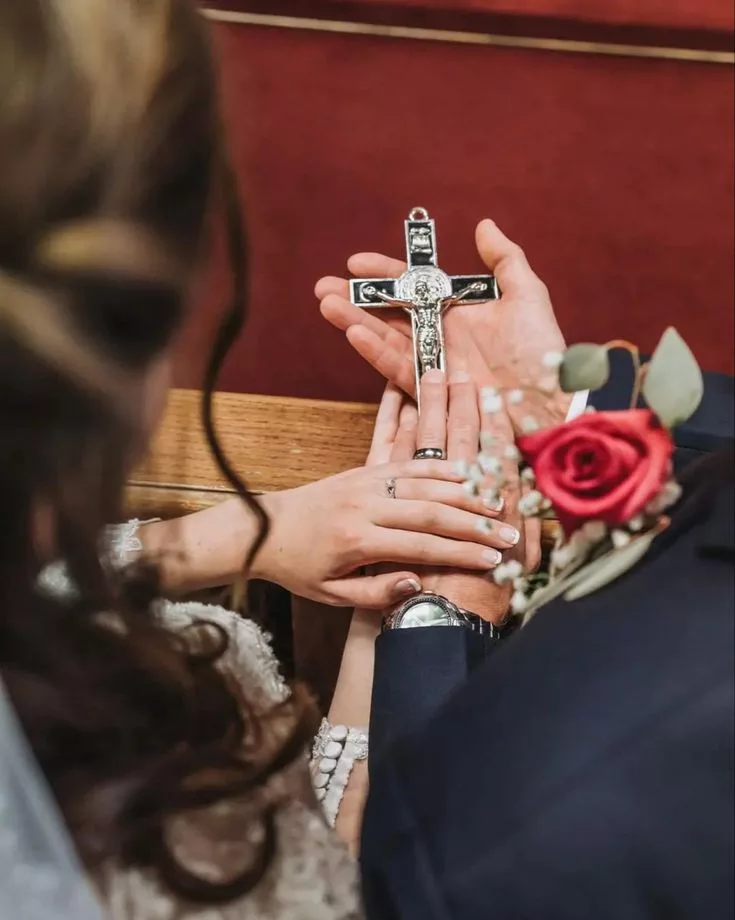
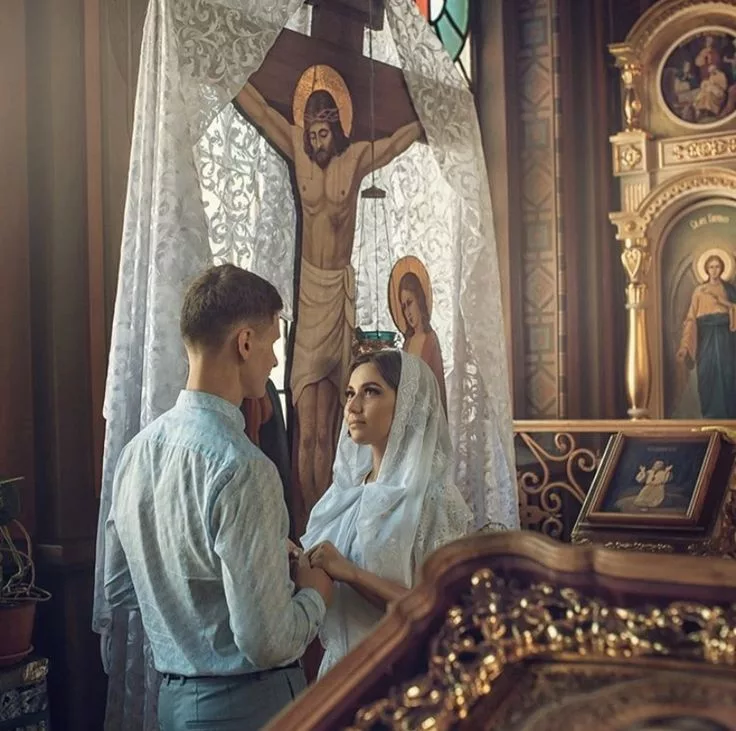
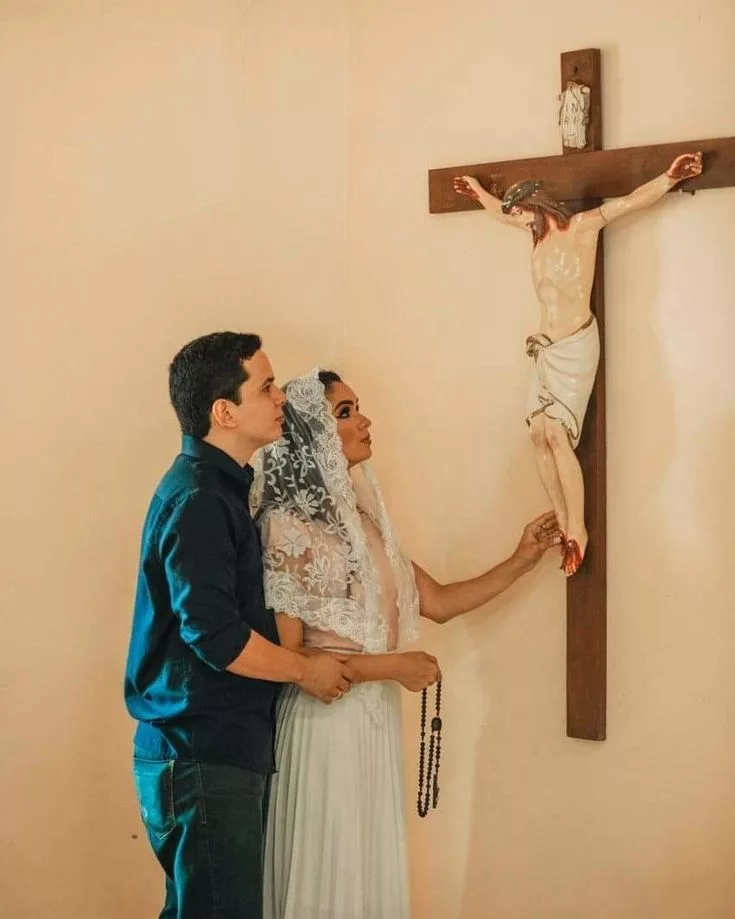
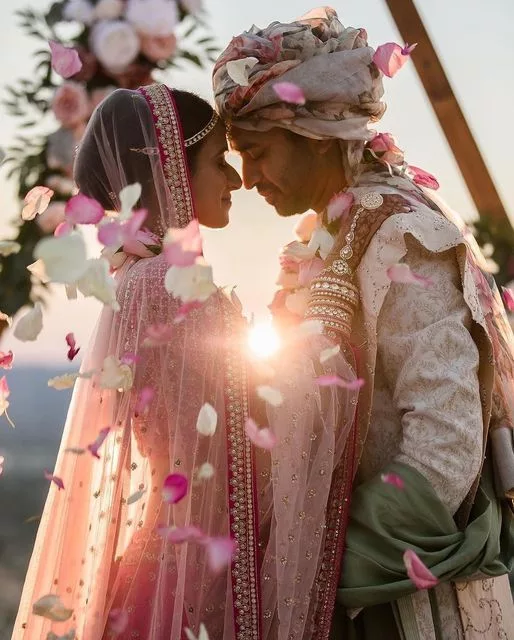
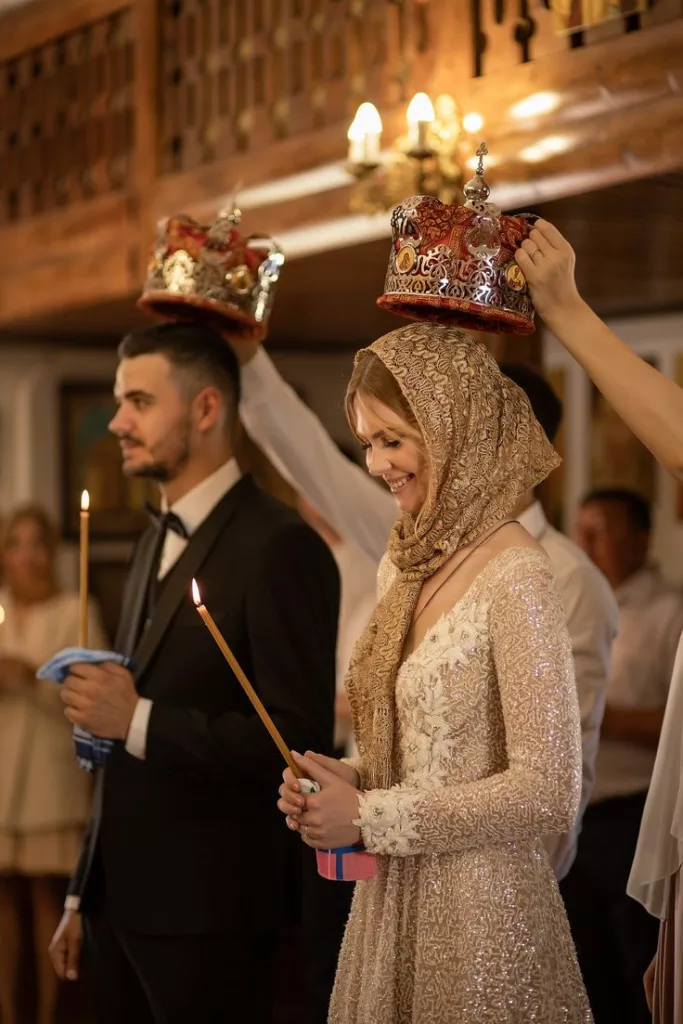
Religious beliefs and practices can significantly influence wedding ceremonies and marital life. Couples must navigate differences in religious backgrounds sensitively, respecting each other’s faith while finding common ground for their wedding vows and future life together. Seeking guidance from religious leaders or counselors can offer valuable insights and support in navigating these conversations.
5. Celebrating Diversity
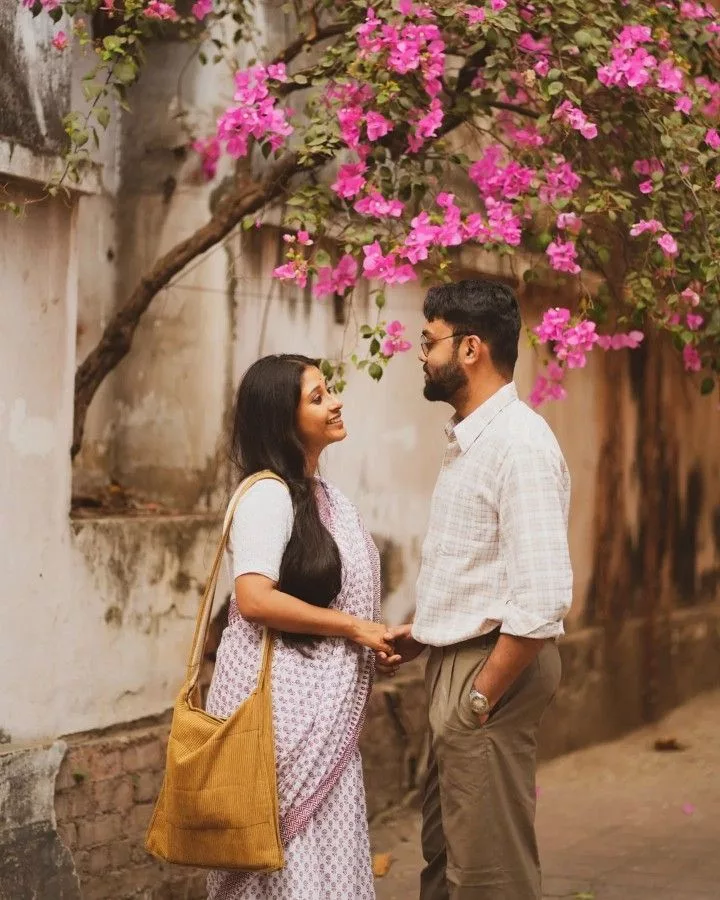

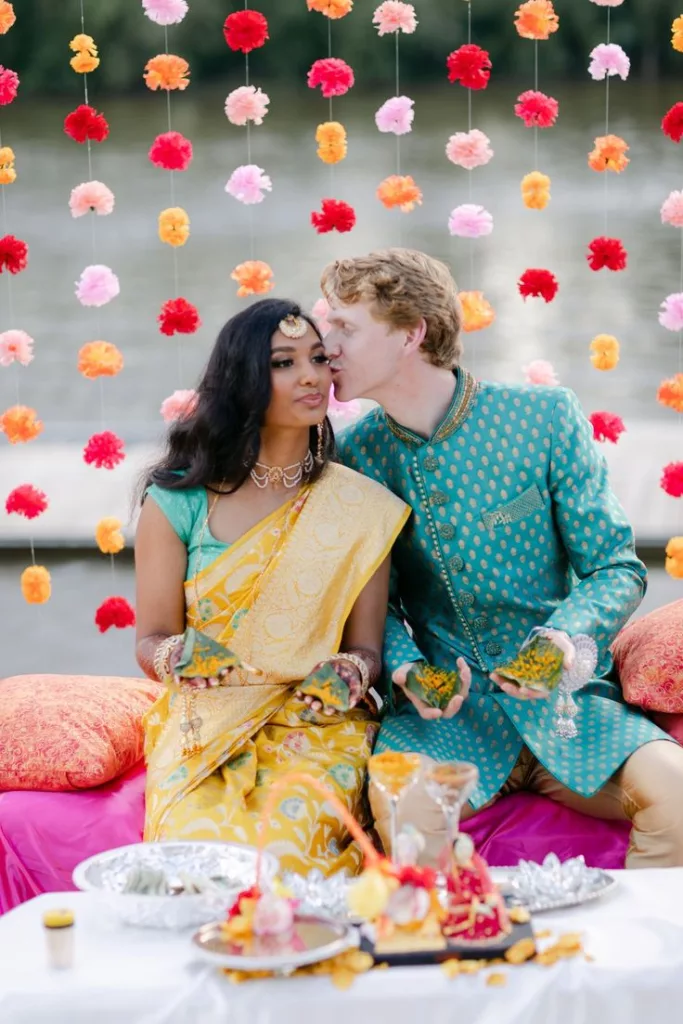
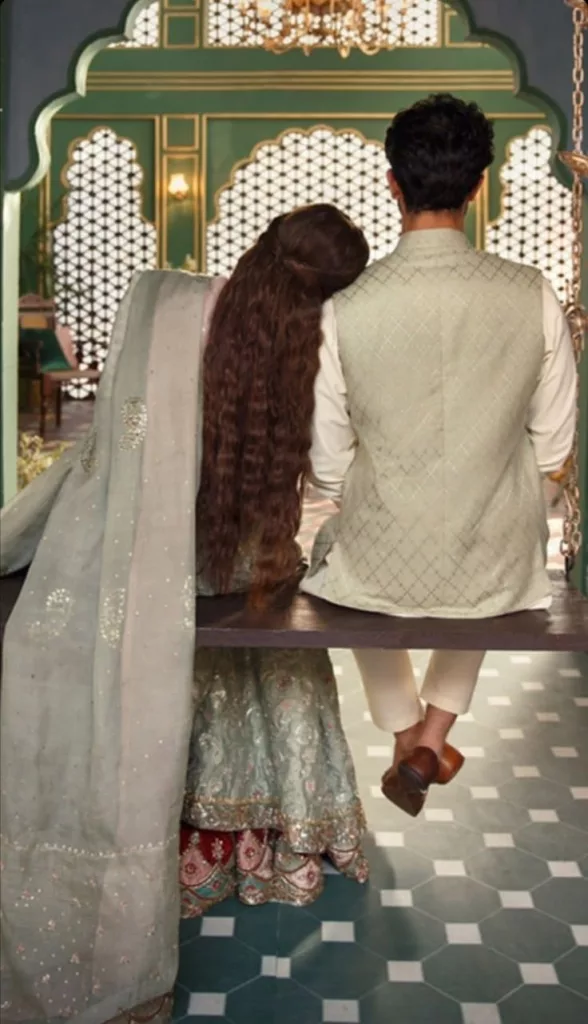
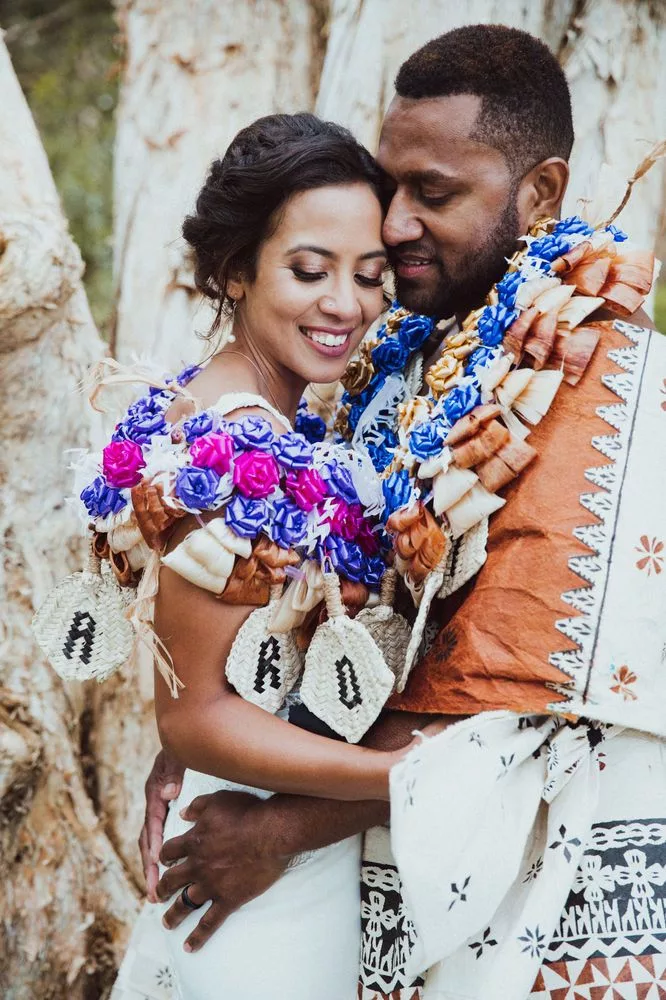
Embracing cultural diversity can enrich a relationship and create opportunities for learning and growth. Couples can explore each other’s cultures through travel, cuisine, language, and celebrations, deepening their connection and understanding. By celebrating their differences and similarities, couples can create a vibrant and inclusive family culture that honors their diverse heritage.




